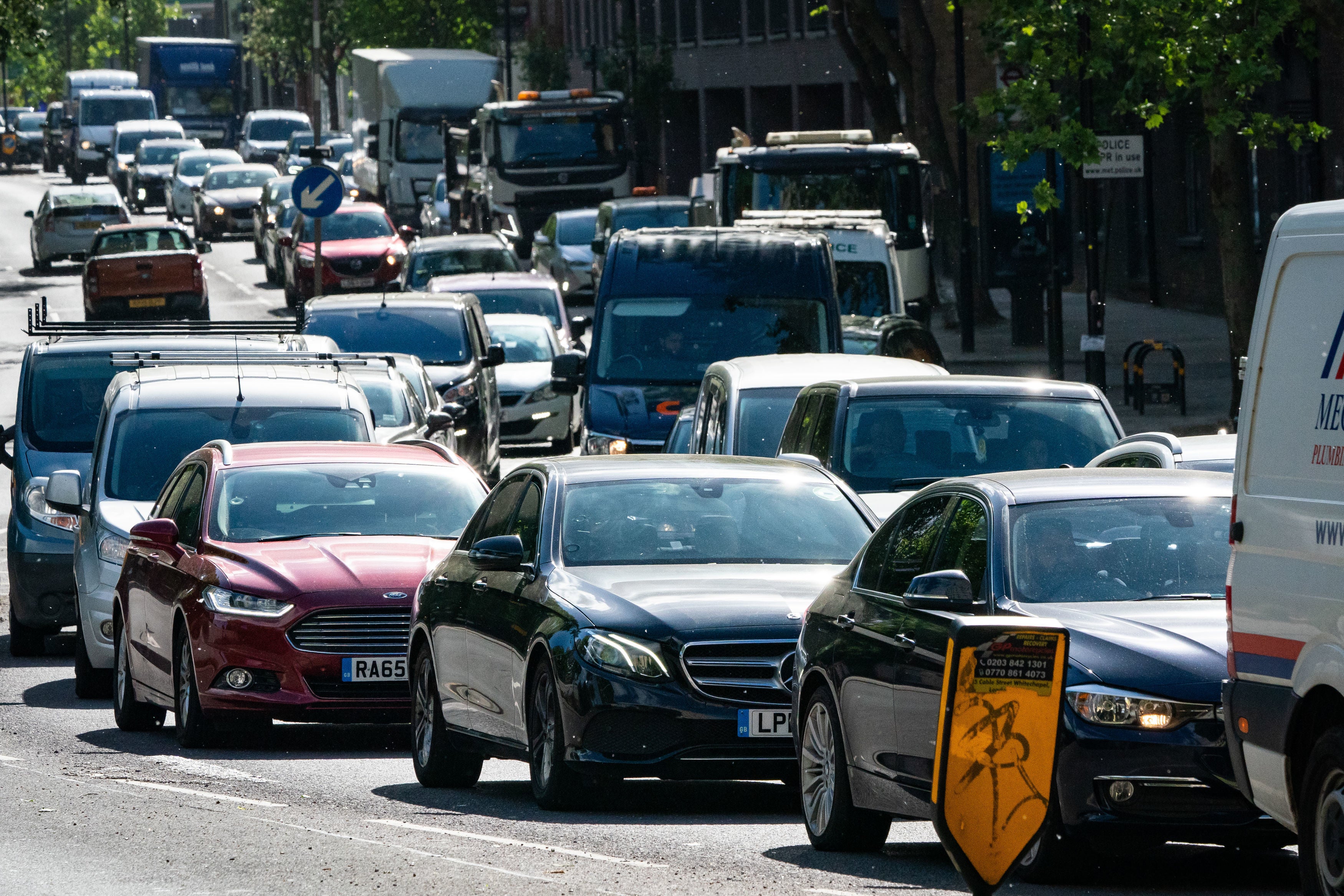A road charging system could be a game changer for the climate – but I have four warnings for Rishi Sunak
We can have clean air and healthier streets for everyone, using a road charging system, so the government must get the following points right


A fairer, smarter way of increasing transport options and reducing traffic is long overdue. At last, the treasury is talking about a proper road charging system to replace lost fuel duty and vehicle excise duty (VED), as the shift to electric cars gathers pace. But there are ways this could go very wrong.
Paying a flat rate through fuel duty was never very fair, and earlier ground-breaking ideas to cut congestion in cities are now out of date. In London we’ve had an area-based congestion charge for 17 years – the scheme itself is old enough to drive – and my Green group on the London Assembly has, for years, put a lot of effort into trying to get the current mayor to take an interest.
Now, with a car-led recovery from coronavirus starting to emerge, we need action to reduce traffic miles. Climate chaos and air pollution are not the only problems caused by excess traffic, and new ways, both of raising revenue and tackling congestion, are needed.
At a national level there is also a hole in the country’s finances looming, as more and more drivers switch to less polluting electric cars. It was always a risk that London’s power to manage congestion in its own way could be usurped by a government road charging scheme. But I have to be completely honest: I do not trust the current government to get any major new initiative right.
So here are my four warnings to Rishi Sunak.
First, any scheme must be smart and fair. To get this right, individual cities and regions must have control over the smart levers. One size will not fit all when it comes to varying charges by time of day, type of road, location, size, emissions and other factors. People who are forced into car dependency will not hesitate to criticise any gaps or unfairness in new charges.
Second, these cities and regions must share the revenue raised, so that people can see where their money is going. It can’t just disappear into the chancellor’s pocket. In any scheme I were to design, every penny raised would go towards improving public transport, as well as walking and cycling alternatives to driving. Most car journeys are very short and these are the easiest to switch with low-cost measures, so a massive chunk of the funding must go to buses, trams and improving local streets to make them safer for cycling and walking.
For nearly five years I worked for Campaign for Better Transport and saw for myself the dire state of local transport options across most of the UK. Under austerity we watched as local bus services were devastated in areas where commercial routes weren’t viable, as local councils withdrew their subsidies.
It is now so bad that many small towns, where nearly a quarter of our population lives, can rightly be called transport deserts. Of course people stuck in car dependency pay to drive now through fuel duty, but this remains less visible and obvious than a per-mile charge. Any new charging scheme that doesn’t result in money coming back to them in improved alternatives would be very unjust.
Third, to win this public support we must start with investment in alternatives to driving now, while we prepare to bring in any new scheme, so that people can see we are serious about wanting to help them reduce their car miles. The £27bn road-building budget is the right source for this, and major schemes should be cancelled now.
Finally and crucially, privacy must be baked in from the start. Everyone advocating for road charging in 2020 must remember that the first thing the gigantic 2007 petition against it said was that it was "sinister". Real privacy means a system that does not collect any more data than it needs to function, not just making promises to “keep it safe” because these kinds of promises always erode over time.
We have seen this with the number plate data from Transport for London’s enforcement cameras for the congestion charge. At first these records were automatically discarded after checking every driver had paid and only kept if a penalty charge needed to be sent. But now, following a controversial decision by Boris Johnson in 2015, it is passed on in its entirety to the police and kept for two years. The data from a road charging scheme would dwarf all of this in its privacy risks, and we can’t afford to forget it.
We must meet all of these challenges, and we can. Local public transport would be transformed with new investment and a system that respects our privacy is completely feasible.
If we do it right, a smart, fair, privacy-friendly road charging would be a game changer for the climate. We can have clean air and healthier streets for everyone.
Sian Berry is co-leader of the Green Party and candidate for Mayor of London
Join our commenting forum
Join thought-provoking conversations, follow other Independent readers and see their replies
Comments


Bookmark popover
Removed from bookmarks